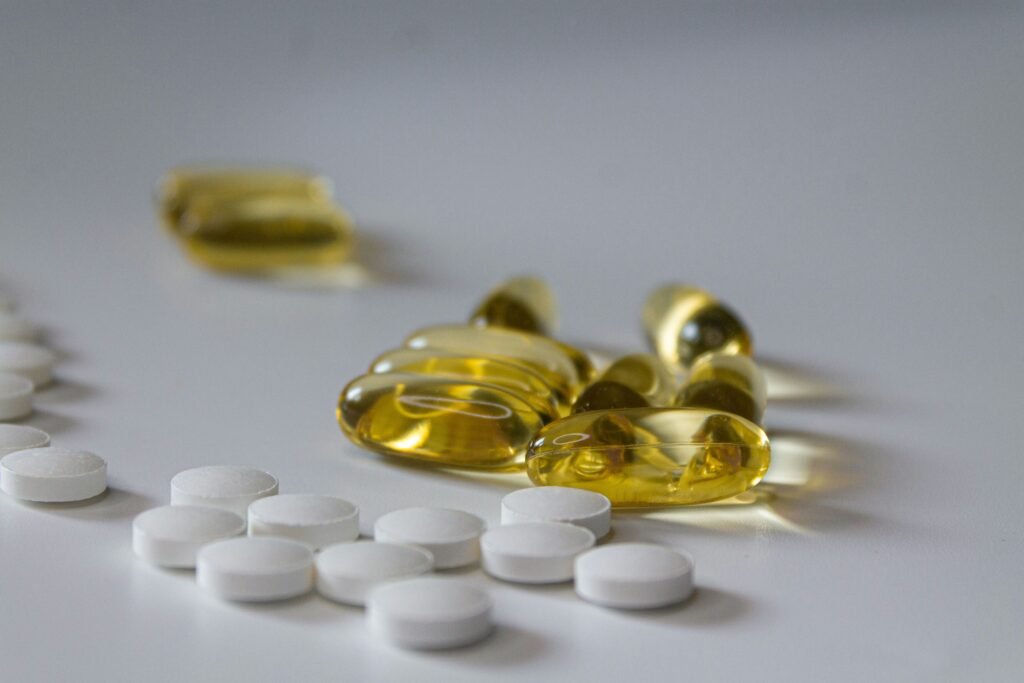Why Nutrient Timing Matters for Workout Recovery and Performance

What you eat is important. When you eat it can be just as critical, especially if you care about recovery, muscle repair, muscle growth, and getting more from every training session. This is where nutrient timing comes in.
Nutrient timing is the strategic approach to eating specific nutrients at key times, particularly around your workouts, to support better performance, recovery, and long-term progress. It can make the difference between a plateau and a body that adapts, recovers, and performs at its best.
What Is Nutrient Timing?
Nutrient timing is not just about calorie counting or macros. It is about matching your intake to your body’s natural rhythms of energy use and repair. The main timing windows are:
- Pre-workout (30 to 90 minutes before training)
- Intra-workout (during extended or intense training sessions)
- Post-workout (within 30 to 60 minutes after training)
Each window supports a different phase of performance. When used well, nutrient timing can fuel energy, reduce muscle breakdown/improve muscle gain, and accelerate recovery.
Pre-Workout Nutrition Sets the Stage
Fueling up before your workout gives your body the energy it needs to perform well and stay strong through your session. Ideally, a balanced pre-workout meal or snack should include a mix of easily digestible carbohydrates and a moderate amount of protein. Carbs provide the energy. Protein helps prepare muscles for repair.
Pre-workout meal ideas:
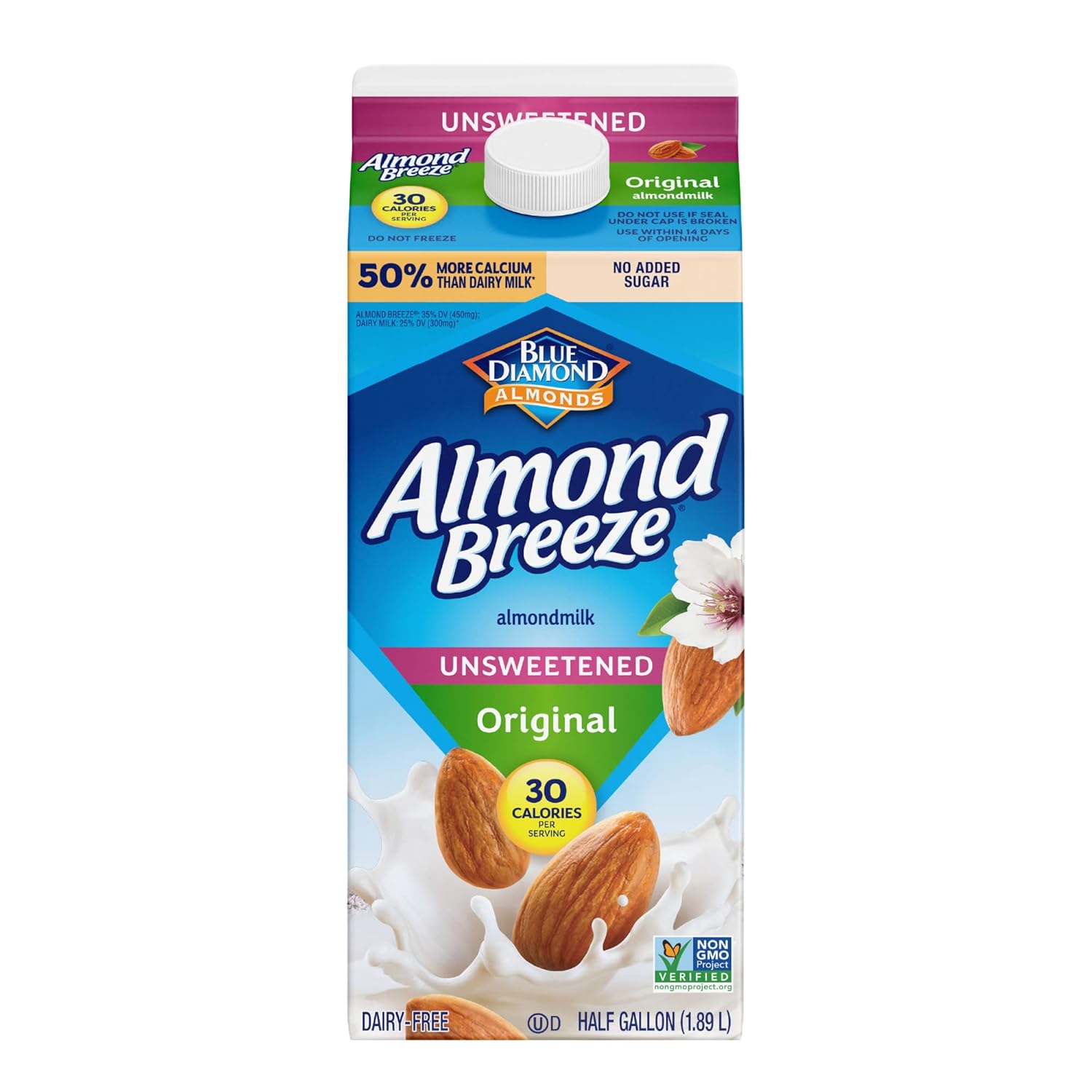
- Oatmeal with banana and a scoop of whey protein
- Greek yogurt with berries and honey
- A smoothie with protein, almond milk, and oats
Almond Breeze Blue Diamond Almond Milk is a highly rated brand of almond milk to try in your smoothies.
Avoid heavy fats or high-fiber meals right before a workout as they can slow digestion and leave you feeling sluggish.
Tip: If you train early in the morning, even a small snack like a banana with almond butter or a scoop of protein powder in water can make a difference.
What to Eat After Your Workout
Your post-workout meal or shake is critical for recovery. After training, your muscles are like sponges ready to absorb nutrients. This is the time to focus on quick-digesting protein and carbohydrates to rebuild tissue, reduce inflammation, and refill energy stores.
Post-workout meal ideas:
- Protein shake with 30 grams protein and 50 grams carbs
- Grilled chicken with rice and steamed vegetables
- Cottage cheese with fruit and honey
- Salmon with quinoa and roasted sweet potato
Adding a little healthy fat is fine but prioritize protein and carbs in this window. Liquid meals work well when your appetite is low after a tough session. For some other tasty post-workout meal options, check out this article from the Food Network
Recommended: Keep a quality recovery shake or bar in your gym bag for convenience. Look for blends with whey isolate, BCAAs, and electrolytes.
Does Nutrient Timing Really Make a Difference?
Yes, especially if you are training hard, lifting heavy, or trying to improve athletic performance. While daily nutrition is still the foundation, nutrient timing acts like a performance booster for your body’s natural repair systems.
Benefits of proper nutrient timing include:
- Faster muscle repair and growth
- Improved recovery between sessions
- Reduced muscle soreness and fatigue
- Better energy during workouts
Even small changes to when you eat can add up over weeks and months.
Tailoring Nutrient Timing to Your Goals
Every athlete is different. Here is how you can adjust your timing based on your personal goals:
For muscle gain: Prioritize protein before and after workouts and include moderate carbs after training to support recovery and hormone health.
For fat loss: Reduce pre-workout carbs unless you are training at high intensity. Focus on lean protein and add some carbs post-workout to support muscle retention.
For endurance training: Carbs become more essential. Fuel before and during long sessions and recover with carbs and protein afterward.
Make It Work in Real Life
You do not need to obsess over the clock, but having a flexible plan helps. Here are some ways to make nutrient timing simple and sustainable:
- Prep your pre- and post-workout meals ahead of time
- Keep shelf-stable options like protein bars and shakes on hand
- Use a food tracking app to spot gaps in your routine
- Stay hydrated and consider adding electrolyte powders if you sweat heavily
A popular and delicious protein bar is Gatorade Whey Protein Recover Bars that are quick and easy if you are short on time.
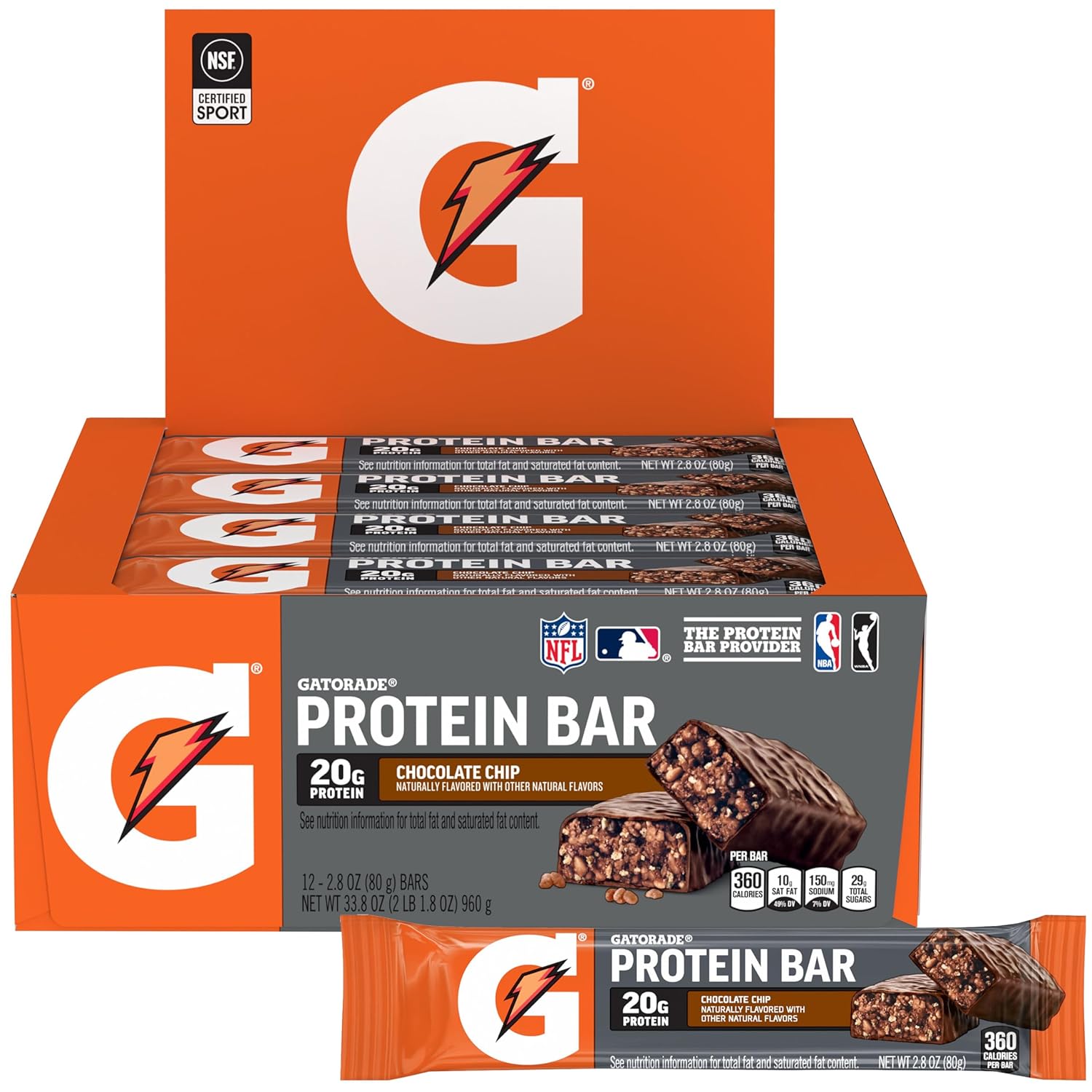
A ready-to-go protein shake option is Fairlife Core Power Elite High Protein Shake which comes in three different flavours.
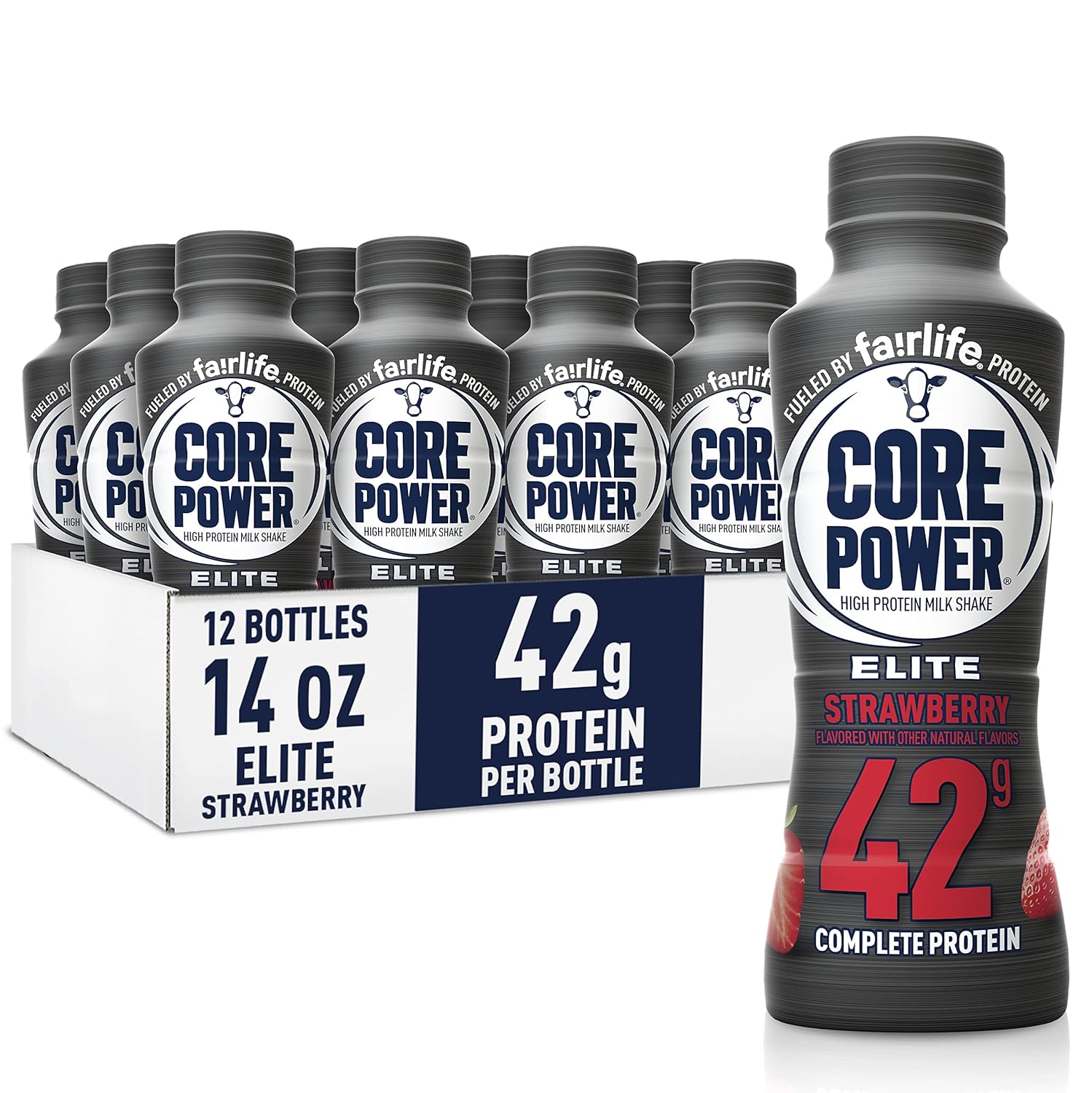
To cover every flavor range of electrolyte powder, try Evlution EVL BCAAs Amino Acids Powder to rehydrate after your session.
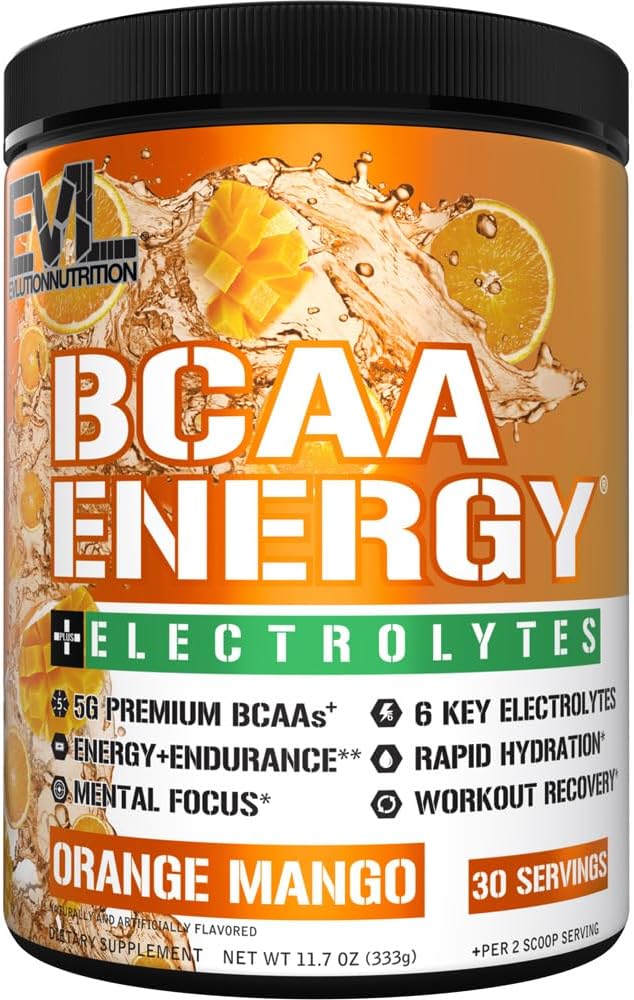
Takeaway Tips for a Better Recovery
Nutrient timing is not just for elite athletes. It is for anyone who wants to train smarter, recover faster, and see real progress. By matching your meals to the demands of your workouts, you can help your body do what it does best: adapt, rebuild, and come back stronger.
Whether you are lifting for strength, running for endurance, or moving for health, strategic fueling will always give you an edge.
For more information on post-workout recovery tips, products and techniques, visit Recovery Essentials Hub to streamline your routine.
Frequently Asked Questions About Nutrient Timing
What is the best time to eat protein after a workout?
Ideally within 30 to 60 minutes after training. This helps maximize muscle protein synthesis and recovery.
Is it okay to work out on an empty stomach?
Yes, if the session is light or short. However, for strength or high-intensity training, a small pre-workout snack can improve performance.
Do I need carbs after every workout?
If your goal is muscle gain or endurance training, yes. If your goal is fat loss, moderate carbs may still support recovery without slowing progress.
Can I eat a full meal instead of a protein shake after a workout?
Absolutely. A whole-food meal with protein and carbs works well as long as it is eaten within an hour or so after exercise.
What if I train late at night? Should I still eat afterward?
Yes. Your body still needs recovery fuel even if you are going to sleep shortly after. Try something light but protein-rich.
